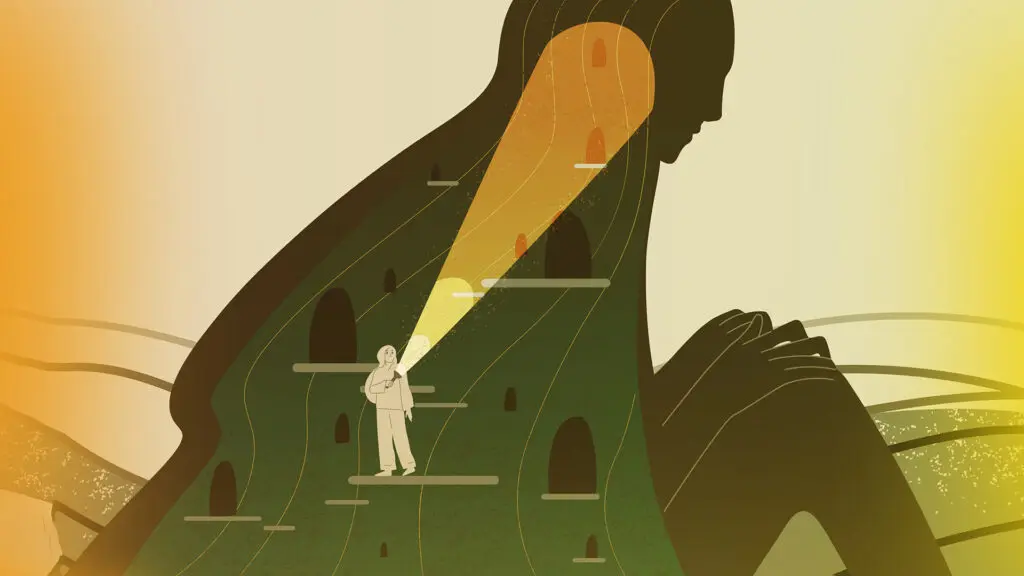This course explores the Psychology of Selves philosophy and its practical application, Voice Dialogue, as developed by Hal and Sidra Stone. Hal’s daughter, Tamar Stone, is our experienced and native guide through the terrain.
The Psychology of Selves model holds that we are all made up of many selves.The earliest selves are born to protect our vulnerable essence, these are our primary selves. Common primary selves are the Pusher, the Achiever, the Judge and the Critic. To do their work the primary selves repress or disown the selves opposite to them. Typically disowned selves are the Pleasure Seeker, the Rebel, the Ordinary, the Flirt, or the Playful Child. Tamar has created a spirited deck of 52 selves that describe these sub-personalities. She shows us some of the self cards in the course and a full list describing the 52 selves is included as a handy resource.
Tamar assures us that there is no such thing as a bad self. Even the annoying Critic becomes an ally when we accept its mission to help us fit in. The Procrastinator can help us incubate projects. Selves can seem “bad” when we identify with them to the exclusion of others or when they take over unexpectedly because they haven’t been heard. Watching Tamar find the value in each self helps us believe we can accept and integrate our many selves.
Voice Dialogue lets each part express its own personality, point of view, opinions and desires. Tamar shows us how an Aware Ego first honors and listens to one self, which may be driving our inner car, and then does the same with its opposite. The Aware Ego regains the driver’s seat of the car and while honoring all selves, freely chooses how to respond to the situation. Tamar inspires us to flex our free choice muscle.




